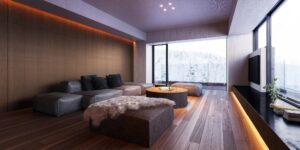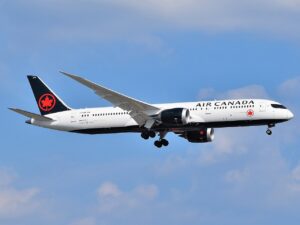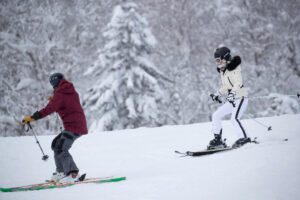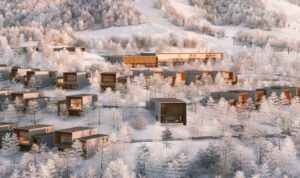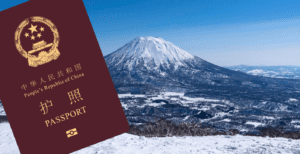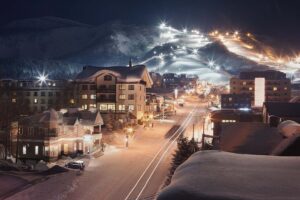Buying property in Hokkaido as a foreigner sounds hard until you actually try it.
Then you realize: it’s not impossible — just different.
Hokkaido’s alpine real estate scene has gone from a sleepy niche to a global magnet. Developers from Sydney. Investors from Singapore. Families from London who want to wake up to Mount Yotei instead of a city skyline. Everyone wants a slice of Japan’s snow kingdom.
But here’s the thing, buying in Hokkaido isn’t like buying in Bali or the Alps. The rules are looser in some ways and far tighter in others. You can own land as a foreigner, but you can’t ignore the fine print. Because what you don’t know will cost you.
And this is where working with a true professional agent makes all the difference. With Nisade Real Estate, our team has your back on access, infrastructure, zoning, and due diligence — supported by our experienced development and qualified architects team who understand the landscape from every angle. To us, this isn’t “extra.” It’s simply part of the service.
Freehold Ownership: The Big Advantage
Japan lets foreigners buy property outright — freehold, no local partner needed. You can walk in, sign the papers, and own the land in your own name. That’s rare in Asia, and it’s a huge part of why Niseko exploded.
But don’t mistake “easy” for “carefree.” Certain land categories — especially forested or agricultural plots — come with layers of bureaucracy that can slow things down or even block a deal entirely.
If a realtor tells you “no restrictions,” take that with a grain of snow. Always confirm the zoning, title, and road access yourself. One missing document can turn your alpine dream into a year of waiting for approvals.
Zoning: The Invisible Wall in Hokkaido Property Investment
Every foreign buyer I’ve met gets excited about land size. Then zoning slaps them back to reality.
Japan’s zoning rules decide what you can build, how high, how close to the road, even what color your roof can be. In Niseko or Kutchan, the design codes are so specific that architects from Tokyo often get frustrated. But those rules are what keep the region looking like a polished alpine resort — not a jumble of ski cabins and prefab boxes.
Furano, Rusutsu, and Kiroro are following suit with their own guidelines. And here’s a detail that catches people off guard: Hokkaido snow loads are brutal. We’re talking up to 2,000 kilograms per square meter. If your designer doesn’t engineer for that, your roof won’t last a season.
If you’re serious about building, hire an architect who’s done it before — preferably someone who’s survived a Hokkaido winter.
Infrastructure: The Hidden Cost of Buying Property in Hokkaido
That “affordable” plot you found on the edge of Niseko? Check whether it actually connects to a public road. In Japan, a property must legally touch a road to get a building permit. No road, no house.
Then there’s water, sewer, and electricity. In city areas, no problem. In rural alpine zones? You might be drilling a private well or setting up your own septic tank. That’s not necessarily bad — but it adds cost and time.
And snow management… welcome to your new reality. Hokkaido snow doesn’t just fall. It buries. Many owners share private snow-clearing fees for roads and roofs. Budget for it. You’ll thank yourself in February.
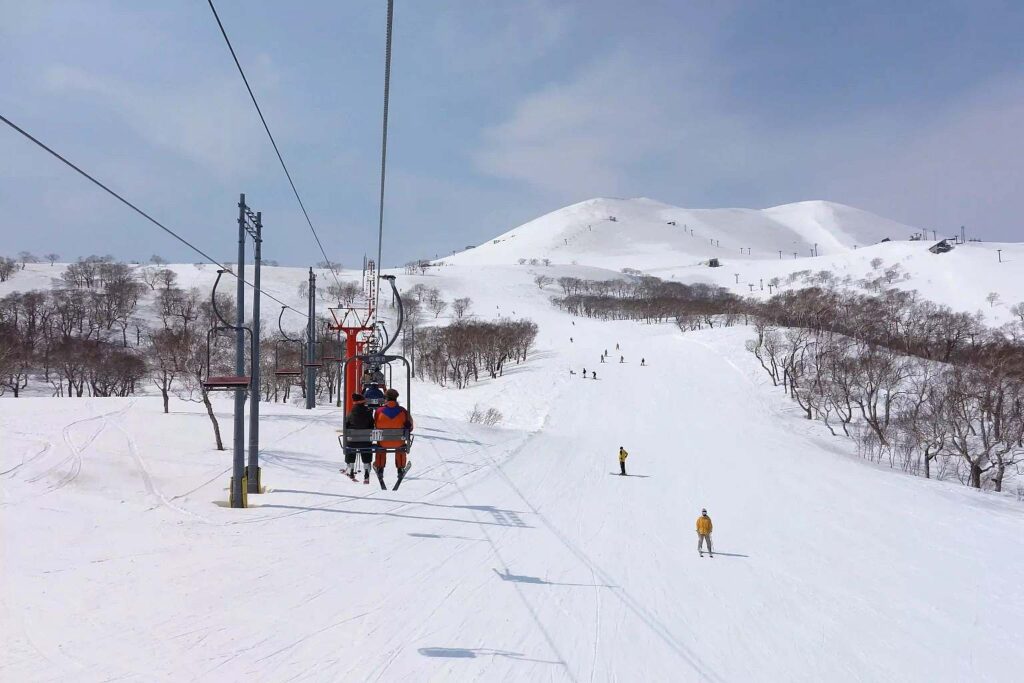
Taxes: What Foreign Buyers Should Expect
Here’s the quick math. When you buy, expect about 5–7% in total fees and taxes:
- Acquisition tax: typically 3–4% of the property’s assessed value. In Niseko, as with most municipalities in Japan, the tax is calculated on the government’s assessed value rather than the full market price, so the actual amount you pay is often much lower than buyers expect.
- Registration and license tax: roughly 2%.
- Annual fixed asset tax: about 1.4%.
When you sell, capital gains tax depends heavily on how long you’ve owned the property. If you hold it for more than 5 years, your tax rate is effectively reduced by 50%. Non-residents will still have a 10% withholding tax deducted at the time of sale, but this can be reclaimed when you file your tax return.
If you rent out your property, you’ll need to report that income in Japan. Most foreign owners use a local tax agent and property manager. It’s not complicated once set up — just paperwork-heavy if you try to do it solo.
Financing: The Real Challenge For Foreign Buyers
Buying in cash isn’t unusual in Japan, it’s simply the standard way most property transactions are done.
Local banks don’t like lending to non-residents. Even expats living in Japan full-time often struggle. So most foreign buyers either pay in full, use home-country financing, or tap into international lenders familiar with Niseko or Furano.
Currency swings are another silent player. When the yen drops, Japan feels like it’s on sale. When it rebounds, not so much. Smart investors hedge — using multi-currency accounts or locking rates ahead of time. The difference can mean tens of thousands saved.
Ownership and Estate Planning for Hokkaido Property
You can own the property personally or through a Japanese company (GK or KK). For individual buyers, personal ownership is simplest. For developers or those running rentals, a company structure can be cleaner for taxes.
One thing many foreign owners overlook is inheritance tax. Japan taxes the transfer of property even if the owner lives overseas. It’s not a reason to panic — it simply requires early planning. A quick session with a bilingual accountant can save your heirs a lot of red tape later, and our agents can also provide high-level guidance on strategy and key points to consider as you structure your ownership.
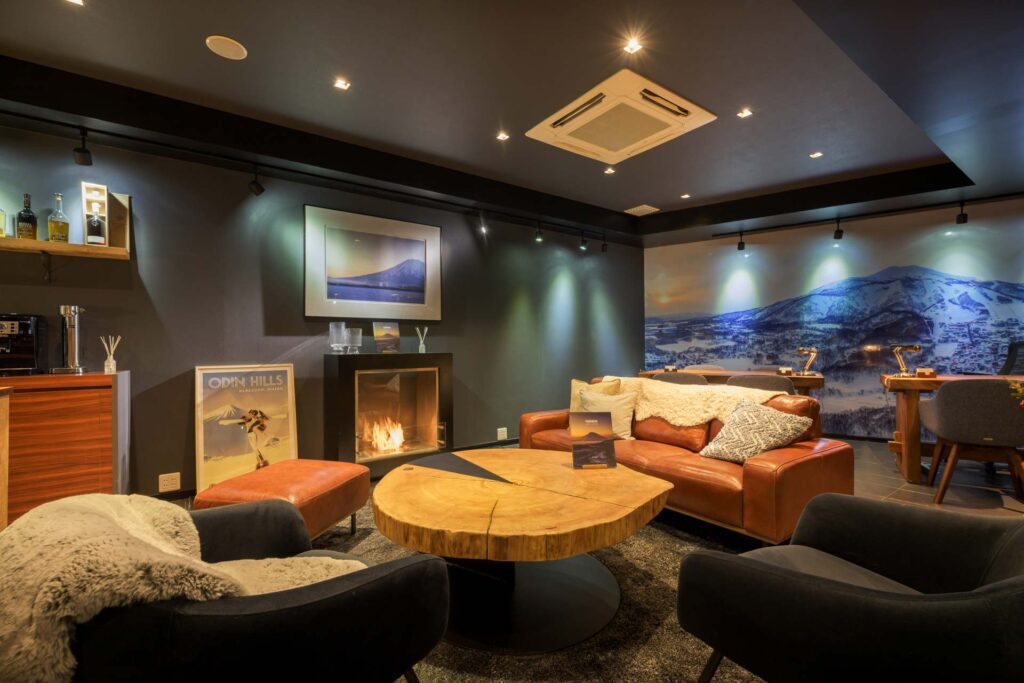
Why Local Experts Are Worth Every Yen
Japan rewards patience and paperwork. It also rewards having the right people in your corner.
A bilingual real estate agent, a good judicial scrivener (司法書士), are your first line of defense. They’ll handle title transfers, check for liens, and keep you out of bureaucratic trouble.
If you’re developing, hire a project manager or builder who actually works in the mountains — not someone who’s only done city projects. Alpine building is a different game: snow, cold, wind, insulation, drainage. Get it wrong, and repairs will cost double what prevention would have.
The Road Ahead for Hokkaido Property Investors
With the Shinkansen pushing toward Kutchan, Hokkaido is heading for another property wave. Demand’s already spilling into neighboring towns. Land values are rising, and local governments are tightening rules to protect what makes these places special.
For foreign buyers, that’s both a challenge and an opportunity. The window is still open, but it’s narrowing. Those who do their homework — zoning, taxes, utilities, and financing — will come out ahead. Those who rush in blind might end up owning a plot they can’t even build on.
If you love the mountains and believe Japan’s alpine lifestyle is here to stay, buy smart and build well. Because in Hokkaido, the snow never lies.
Key Takeaways
- Foreigners can own land in Japan outright — no residency required.
- Zoning laws in Hokkaido’s resorts are strict. They protect the look and livability of the region.
- Always confirm road access and utility connections before buying land.
- Expect about 5–7% in purchase taxes and fees.
- Work with local experts who understand alpine building and Japanese bureaucracy.

